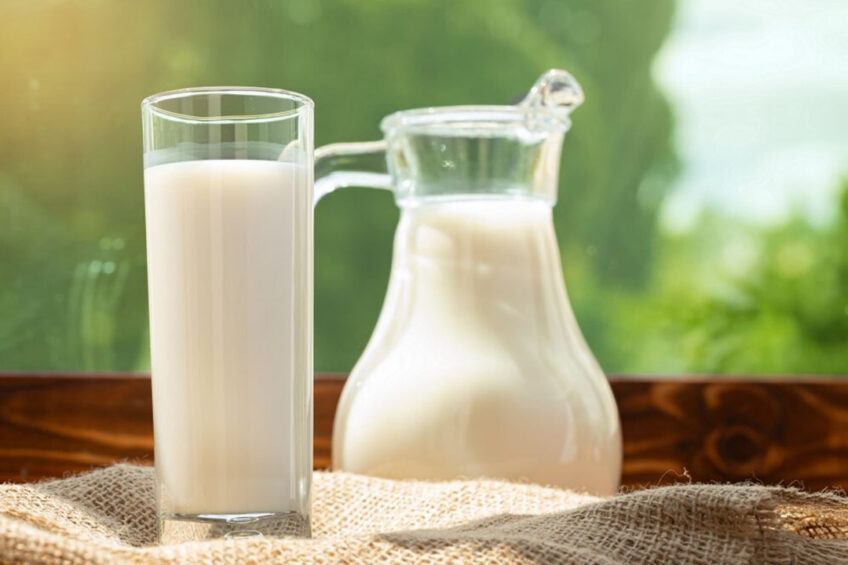Animal-free dairy milk a step closer to retail shelves

An Israeli food tech company is creating milk proteins identical to those from cows, and by doing so, leaves the cow out of the dairy equation. Millions in funding means the company is one step closer to market with its animal-free dairy milk.
The technology, which aimed to “create a commercially viable, guilt-free experience of traditional dairy products consumers crave” is based on 15 years of research led by its co-founder and CSO, Tamir Tuller, a professor at Tel Aviv University. Natural precision fermentation is used to create milk proteins that are indistinguishable from cows milk from a cow in terms of taste, texture, colour and nutrients, but which is cholesterol-free and lactose-free, according to the company.
US$13 million in funding will help to move production of this animal-free dairy to commercialization. The funds will be invested into expanding facilities and boosting its R&D capacity.
An alternative with the same experience
Dairy Global was interested to find out more and reached out to Eyal Afergan, co-founder and CEO of Imagindairy. “It’s hard for people to make big changes, especially when it comes to the foods they enjoy, but when there’s an alternative with the same flavour and experience that is more aligned to their values, it becomes easy,” he says.
The company is collaborating with various dairy companies to offer a complete range of dairy-free products. “Our technology allows us to produce a wide variety of dairy products, including low fat and full cream milk, butter, yoghurt and cheese.”
‘10% of the land and 1% of the water’
The technology used involves feeding microorganisms instead of cows. Using only 10% of the water compared to cow’s milk and only 1% of the land, including the land we need to produce the feed for, the microorganisms are up to 20 times more efficient than cows at converting feed into food, says Afergan. “This offers food system resilience, allows for complete sustainability, preserves the natural ecosystem, and promotes animal welfare. It also eliminates greenhouse gas emissions produced by dairy cows. It is also methane-free,” he adds.
Pricing and target market
In terms of price point, Efergan noted: “As a first step, our goal is to reach price parity with cow’s milk and in the future, as microbial systems are much more efficient in producing proteins than cows, we are expecting that the price will be lower than milk from cows.”
Is this a vegan product, then? Efergan explained: “We do not make any use of animal components in the entire manufacturing process, but our milk’s proteins are identical to the proteins found in cow’s milk.”
When asked about the target market, he said the company will focus on targeting flexitarians. “These consumers do not like to compromise the taste and nutritional benefits associated with dairy,” he said.
De Novo Dairy
Meanwhile, South Africa’s De Novo Dairy, which is the continent’s first precision fermentation dairy startup, has announced the close of a successful round of pre-seed funding that will enable it to push forward on R&D. The company is one of the growing number of startups around the world using pioneering precision fermentation to create dairy proteins identical to those found in nature, but without the cows.






